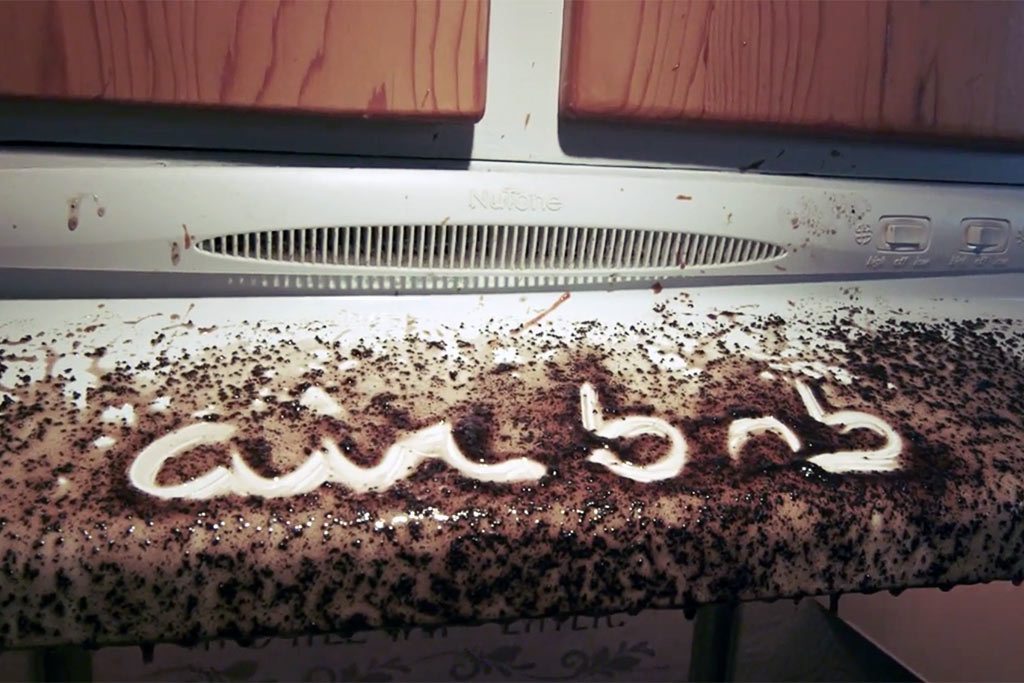New York Community and Political Leaders Target Airbnb's Marketing Machine

Skift Take
By focusing on illegal hotels, the coalition may have a good rallying cry, but it doesn't capture how quickly short-term rentals have evolved into something much more sophisticated.
A coalition of local and state political leaders in New York gathered this morning on the steps of City Hall in Manhattan to announce the formation of an anti-illegal hotels group targeting the business practices of Airbnb and other short-term and vacation rental companies.
Share Better is focused on highlighting illegal conversions and evictions, as well as quality of life issues for residents living near short-term rental units. Share Better includes a who's who of City Council members, State Senators, and State Assembly Members, as well as New York City Public Advocate Tish James and Manhattan Borough President Gale Brewer. It's receiving financial backing from its members, which include representatives of the hotel industry and hospitality workers' unions.
Following the event this morning, the coalition released a YouTube video (below) featuring user complaints about Airbnb apartments, done in the style of Airbnb's l

